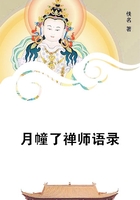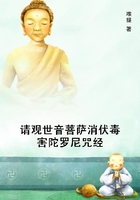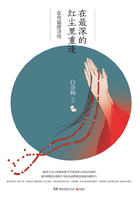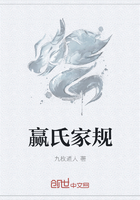If these matters and the virtues, and also friendship and pleasure, have been dealt with sufficiently in outline, are we to suppose that our programme has reached its end? Surely, as the saying goes, where there are things to be done the end is not to survey and recognize the various things, but rather to do them; with regard to virtue, then, it is not enough to know, but we must try to have and use it, or try any other way there may be of becoming good.
Now if arguments were in themselves enough to make men good, they would justly, as Theognis says, have won very great rewards, and such rewards should have been provided; but as things are, while they seem to have power to encourage and stimulate the generous-minded among our youth, and to make a character which is gently born, and a true lover of what is noble, ready to be possessed by virtue, they are not able to encourage the many to nobility and goodness. For these do not by nature obey the sense of shame, but only fear, and do not abstain from bad acts because of their baseness but through fear of punishment; living by passion they pursue their own pleasures and the means to them, and and the opposite pains, and have not even a conception of what is noble and truly pleasant, since they have never tasted it. What argument would remould such people? It is hard, if not impossible, to remove by argument the traits that have long since been incorporated in the character; and perhaps we must be content if, when all the influences by which we are thought to become good are present, we get some tincture of virtue.
Now some think that we are made good by nature, others by habituation, others by teaching. Nature's part evidently does not depend on us, but as a result of some divine causes is present in those who are truly fortunate; while argument and teaching, we may suspect, are not powerful with all men, but the soul of the student must first have been cultivated by means of habits for noble joy and noble hatred, like earth which is to nourish the seed. For he who lives as passion directs will not hear argument that dissuades him, nor understand it if he does; and how can we persuade one in such a state to change his ways? And in general passion seems to yield not to argument but to force. The character, then, must somehow be there already with a kinship to virtue, loving what is noble and hating what is base.
But it is difficult to get from youth up a right training for virtue if one has not been brought up under right laws; for to live temperately and hardily is not pleasant to most people, especially when they are young. For this reason their nurture and occupations should be fixed by law; for they will not be painful when they have become customary. But it is surely not enough that when they are young they should get the right nurture and attention; since they must, even when they are grown up, practise and be habituated to them, we shall need laws for this as well, and generally speaking to cover the whole of life; for most people obey necessity rather than argument, and punishments rather than the sense of what is noble.
This is why some think that legislators ought to stimulate men to virtue and urge them forward by the motive of the noble, on the assumption that those who have been well advanced by the formation of habits will attend to such influences; and that punishments and penalties should be imposed on those who disobey and are of inferior nature, while the incurably bad should be completely banished. Agood man (they think), since he lives with his mind fixed on what is noble, will submit to argument, while a bad man, whose desire is for pleasure, is corrected by pain like a beast of burden. This is, too, why they say the pains inflicted should be those that are most opposed to the pleasures such men love.
However that may be, if (as we have said) the man who is to be good must be well trained and habituated, and go on to spend his time in worthy occupations and neither willingly nor unwillingly do bad actions, and if this can be brought about if men live in accordance with a sort of reason and right order, provided this has force,-if this be so, the paternal command indeed has not the required force or compulsive power (nor in general has the command of one man, unless he be a king or something similar), but the law has compulsive power, while it is at the same time a rule proceeding from a sort of practical wisdom and reason. And while people hate men who oppose their impulses, even if they oppose them rightly, the law in its ordaining of what is good is not burdensome.
In the Spartan state alone, or almost alone, the legislator seems to have paid attention to questions of nurture and occupations; in most states such matters have been neglected, and each man lives as he pleases, Cyclops-fashion, 'to his own wife and children dealing law'. Now it is best that there should be a public and proper care for such matters; but if they are neglected by the community it would seem right for each man to help his children and friends towards virtue, and that they should have the power, or at least the will, to do this.















